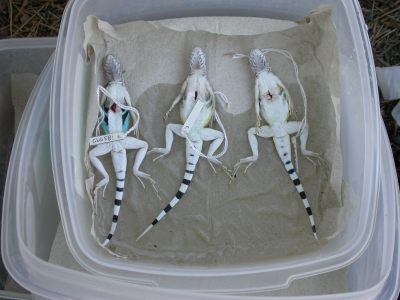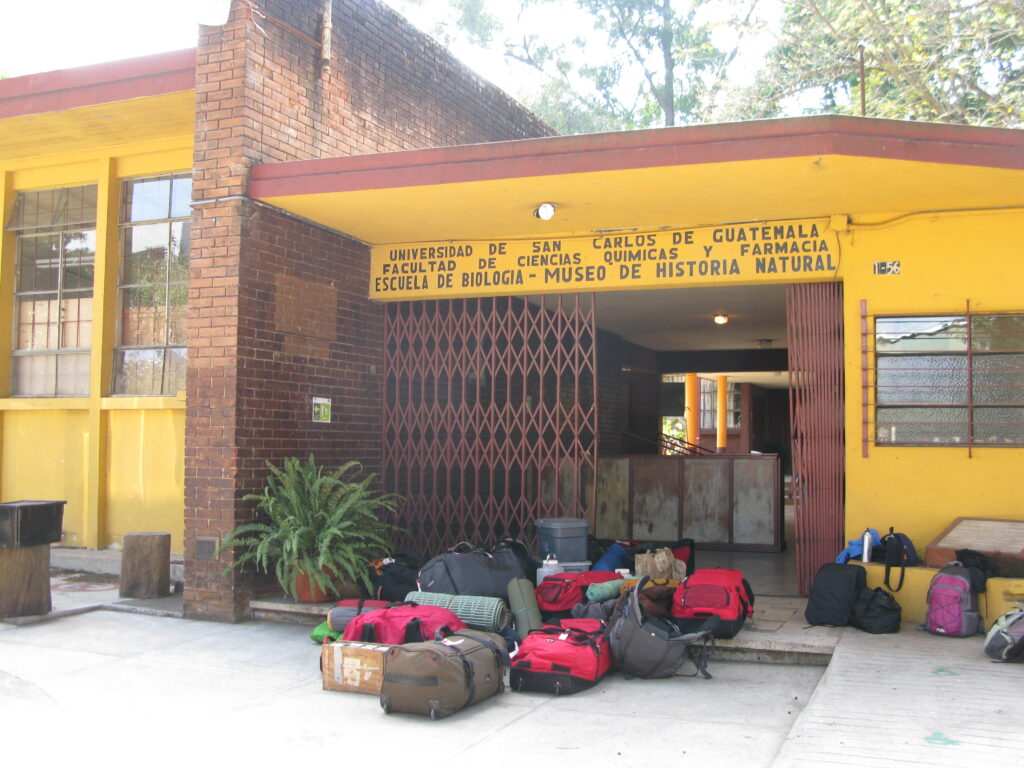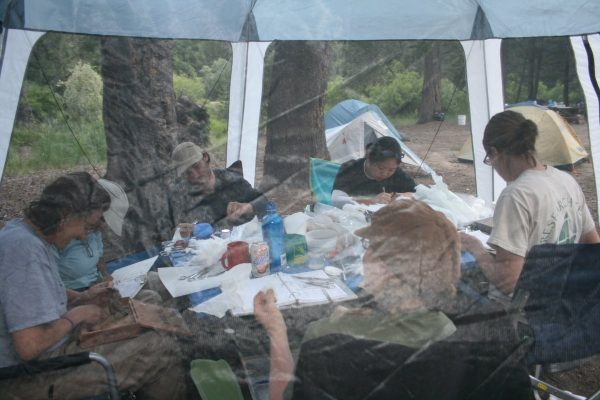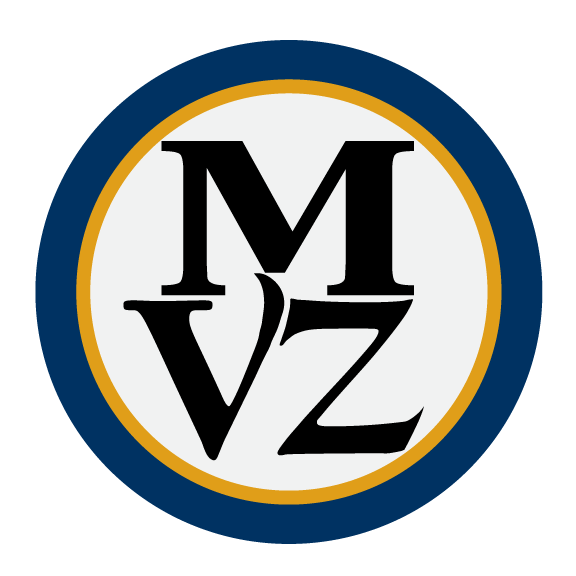
Travel
Field work may involve travel by air, car, boat, horse, or foot. The MVZ vehicle is available for field work with prior approval, and must be reserved in advance. It is important to be aware of potential restrictions in transporting certain items. UC researchers should register trips more than 100 mi from campus for travel insurance documentation, location-specific travel alerts via email, and emergency/travel assistance contacts.
International trip planning via Worldcue is also available to assist with logistics, identify local services, and provide precautions regarding local hazards. A mobile Worldcue app is available after you register a specific trip/destination via UC Away.
Transport Considerations for Field Work
Register Trips through UC Away
Worldcue Trip Planner

Equipment and Supplies
Leave plenty of time to gather all necessary equipment and supplies prior to your trip. The MVZ will provide some items, but it’s possible that certain supplies need to be ordered. Sometimes, those supplies are on backorder and can take a longer-than expected time to receive them. If you need items for specimen preparation and/or note-taking, talk with a Staff Curator or the Prep Lab Manager – do not just take things without asking! Field notes always should be written on archival paper, so make sure that you have a supply of that – either with printed catalog pages or blank/lined paper. Tissues should be preserved in MVZ standard Nalgene vials, labeled with a Cancer Diagnostics pen, and barcoded in the field. Please return any unused or borrowed items to MVZ staff when you return.

